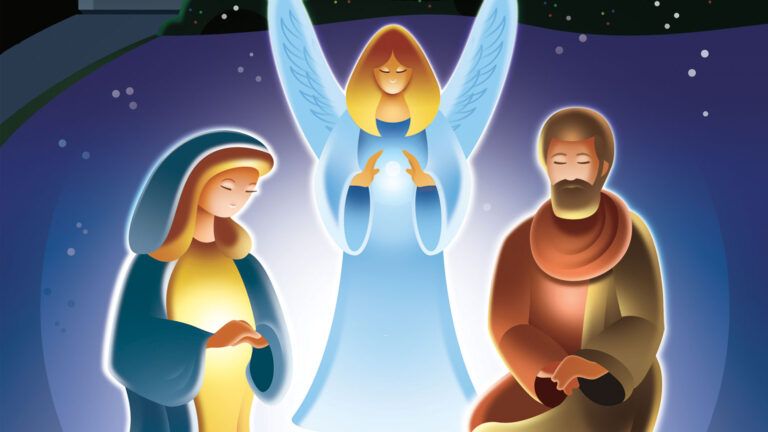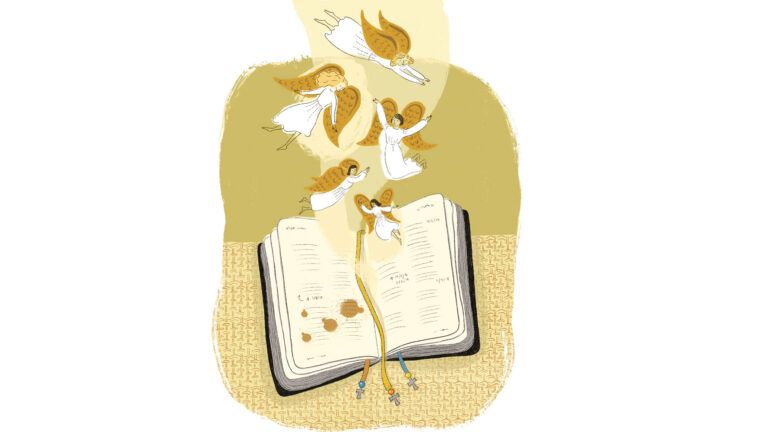For those of us in the ER, dealing with death in our own department is difficult enough. But from time to time we are also called upon to deal with a death that has occurred elsewhere in the hospital.
When someone dies, a physician is needed to certify and then document that a death has actually occurred. This responsibility clearly falls to the treating physician.
However, if it’s late at night or the middle of a weekend and that patient’s physician is not in the hospital, the ER doc on duty might seem a reasonable alternative. After all, he or she is in the hospital, awake, and “available.”
One night Bill Jones called and asked me to go upstairs and pronounce one of his patients. “Sure, Bill,” I responded. “Mr. Blake in 432?” I confirmed, making a note on a scrap of paper.
“Yes, that’s right,” he answered. “Eighty-two years old, I think. Cancer of the pancreas. The family has already gone home. They were expecting this, and I’ll talk with them in the morning.”
“Okay, I’ll take care of it.” The elevator ascended smoothly, and for a moment I was alone with my thoughts. How many times have I done this? Too many. And I suspect there will be many more. It is a perfunctory task. Check for a pulse. Check for any respirations. Note the time on the chart. Almost always, these are people I don’t know and have never seen.
Room 432 was dark, illuminated only by the pale fluorescent glow of a small fixture over the head of the bed and the faint light of a new moon as it shone through the open window. It took a moment for my eyes to adjust to the change.
I walked over to the edge of the bed. Mr. Blake lay peacefully, covered with a blanket that had been tucked neatly under his chin. His head rested on a pillow, his eyes were closed, and his mouth was partly open.
I watched him for a minute and could not discern any respirations. I put my stethoscope in my ears and, pulling the blanket down, exposed his chest. I checked for any cardiac activity or movement of air. None.
After carefully replacing his blanket I opened his medical chart, found the appropriate page, and struggled in the faint light to make a few notes. “No respirations. No cardiac activity. Pronounced dead at 2:27 a.m.”
That was it. I had officially documented the death of this complete stranger. He had been born eighty-some years ago, and now he was gone.
I stepped back from the bed and found the scene strangely peaceful. It was completely quiet, and the moon shining through the window added a surreal touch. Then it occurred to me that I was an interloper. This was a profound moment, the ending of a man’s life. And though I was on official business, I was in fact a stranger.
I turned to the door and jumped, when from the far corner of the room I heard a man’s voice. “He’s at peace now.”
Stopping in my tracks, I stared in the direction of this voice and tried to determine its source. In the shadowed right-hand corner of the room, I began to make out the form of a man sitting in a chair. He shifted in his seat, clearly declaring his presence.
“Yes, he is,” I answered. “I’m Dr. Lesslie. And you are…?”
“I’m his son, Paul Blake,” came the response. We were silent for a moment. Strangely this unexpected interruption didn’t bother me, though now even more than before it occurred to me that I indeed was interrupting this scene.
“Yeah, he’s at peace now,” Paul repeated. “It’s been a tough couple of weeks. Cancer of the pancreas is a…” He paused, searching for the words that could somehow sum up his father’s last weeks of pain and suffering. There were no adequate words for this, nor for the loss that Paul had anticipated and that was now crushing him.
“He suffered a good bit the last few days. But last night he was real calm, and we talked for a good bit. And his pain seemed to be better.”
Paul Blake shifted again in his chair. “At about midnight, Rachel—that’s his wife, my momma—told him it was time and it was all right to let go.”
He paused and collected himself. “And that seemed to release him. He got real quiet and peaceful. And in a little while, he just stopped breathing.”
He was silent, and I wasn’t sure I needed to respond. But somehow this was an unusual moment and I was led to say, “You know, sometimes that’s what it takes. When nothing else can be done, it’s the words of a wife, or husband, or some other loved one that can make the difference. And you’re right about ‘release.’ Sometimes that’s what has needed to happen. And it takes a strong person to be able to release a loved one.”
“You’re right,” he answered. “Momma was a strong person. And right now, I miss her something awful. She’s been dead five years.”
What had I just heard? Dead? And then I understood. “Your daddy thought he was talking with his wife?”
“No. He didn’t think he was talking with her. He knew he was. He was sort of muttering to himself, when he just stopped and looked straight at me. And then he was as clear as a bell. He told me what she’d said, and that it was going to be all right. And he told me he loved me. Then he was quiet. And that was it.”
We were again silent. It was time for me to leave, and I cleared my throat and began to turn toward the door.
“That’s why I’m sitting here, Doc.” His voice pierced the shadows. “I’m waiting. I want to talk to my momma. I’m hoping she will say something to me, just like she did to Daddy.”
I put Mr. Blake’s chart on the bedside table, pulled up the remaining chair in the room, and sat down. Leaning forward with my elbows on my knees, I said, “Paul, I think I know how you feel.”
“You do?” he asked. “I was about to give up and go home. But somehow, I just kept hoping. It seems like she’s just so close right now.”
“She is,” I answered. “I don’t know how, but I know she’s right here. And she’s with your daddy.” I could see his head nodding.
“I know. But I just need something I can see, or feel. Something I can hear, so I can be sure. You know what I mean?”
“Yes. I know what you mean,” I answered, knowing painfully too well.
“I know that Momma loved the Lord, and so did Daddy. And I know where they are right now. But it’s awful lonely right here in this room. I’m not ready to lose them both. I’m not ready to be alone, without them.”
I did know how that felt. My mother had died when I was fourteen, and my father had died several years ago. In a very real way, Paul and I were orphans. Our parents are no longer here to counsel us, to hold us, to give us advice. It’s part of the cycle of life, but it’s a painful part.
“Paul, I know we don’t know each other, but let me share something with you. As a physician, I’m trained to approach things from a scientific viewpoint. You stake out a theory and then you try to prove it. And if you can’t prove it, if the evidence is not there, then you discard the idea and move on to another one. Now, scientific evidence is something we can see or feel. It’s something that can be reproduced over and over again.
I paused for a moment. “Yeah, I understand that, Doc,” Paul said.
“Well,” I continued. “I have come to understand that there are things in this world, in this life, that don’t fit that model. There are things that happen, things that are absolutely real that you can’t put in a test tube, or see, or feel with your hands. But you know they are real, and they are true. Like your mother tonight, communicating with your daddy. I believe that is real. I don’t think it was some semiconscious thought or some long-ago memory being awakened. I believe it happened.”
Paul interrupted me. “Doc, I want to believe that too, and I think I do. But why can’t I experience it? Why can’t I talk with Momma just like Daddy did? I’ve been sitting, and waiting, and praying. And nothing. Just me in this room, alone, until you came in.”
I leaned back in my chair now and looked out the window. The sliver of moon was now partially obscured by some quickly passing clouds, and the room had become darker. “I understand what you’re feeling,” I told him. “But somehow, things don’t work that way.
There are definite moments of communication, of a sense of the real presence of a loved one, but they come at times of their own choosing. We can’t command them or force them to occur. And I think it happens when it’s supposed to happen. I think for a lot of us, it happens and we don’t expect it, we don’t understand it, and we don’t accept it. You’ve seen it here tonight, with your father. And you know that it was real and you accept it as being real.”
“Thanks, Dr. Lesslie.”
I stopped and looked back at this man, still faceless in the darkened room. “No, I need to thank you, Paul.”
I stepped out into the hallway and closed the door behind me. For a moment I stood there alone, in the quiet. What had begun as an inconvenience had become a gift, a blessing. It was unexpected to be sure, but it was a true blessing.






